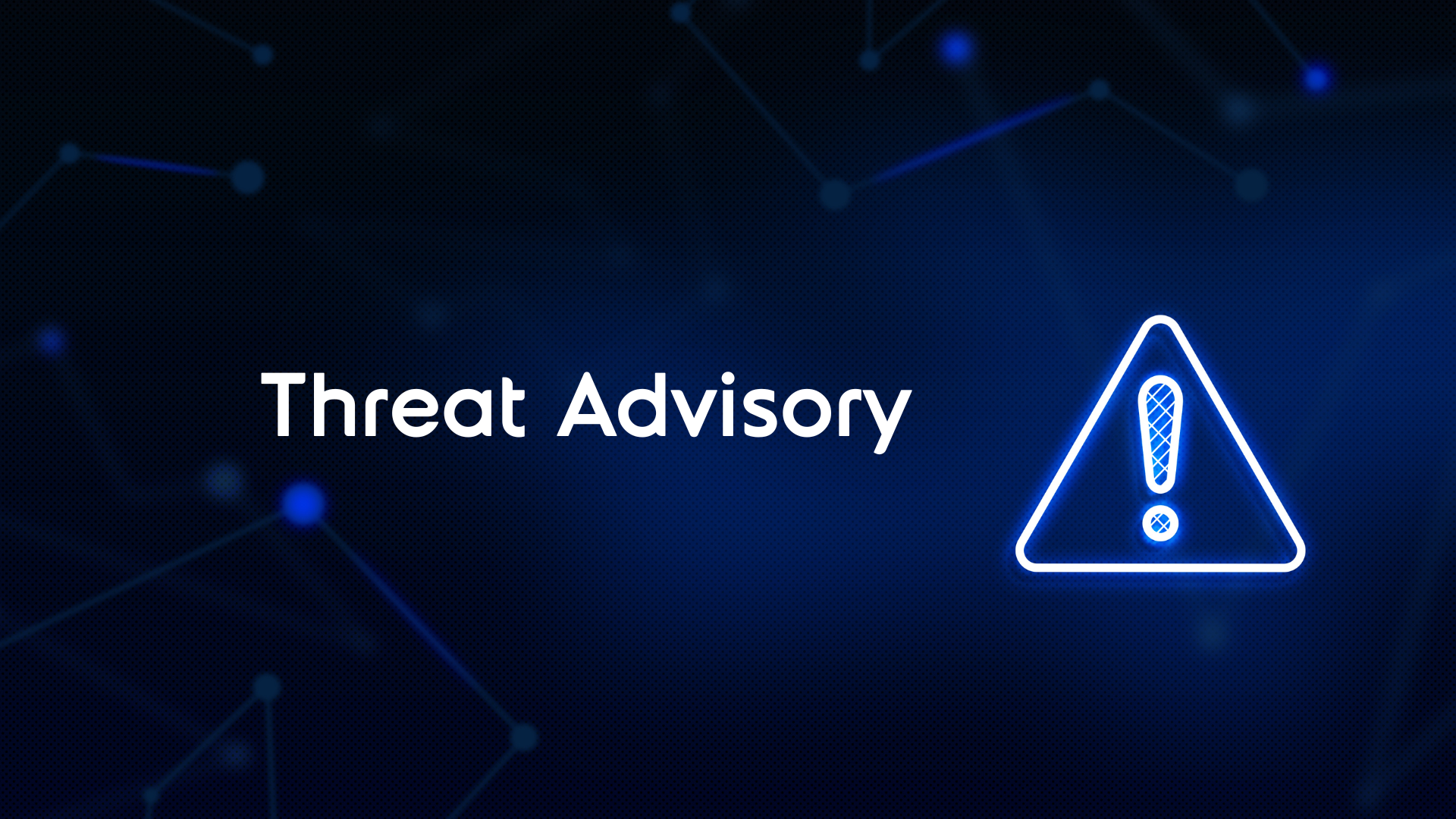
Weekly Cyber News Roundup
February 17th to February 23rd 2024
Content
01. News Bites
- Global Law Enforcement Shatters LockBit Cybercrime Network: Seizes Infrastructure and Aids Victims in Unprecedented Operation
- FBI Director Accuses China of Major Cyber Espionage Against US Infrastructure Amid Global Security Tensions
- Germany’s PSI Software SE Hit by Ransomware Attack, Swift Action Limits Damage to Internal Systems
- New report unveils surge in cyberattacks using legitimate user accounts as primary entry point
- Anonymous Sudan launched DDoS attacks on UK universities in political protest, disrupting academic networks
02. Conclusion
Global Law Enforcement Shatters LockBit Cybercrime Network: Seizes Infrastructure and Aids Victims in Unprecedented Operation
In a win for the good guys, the UK’s National Crime Agency (NCA) has successfully infiltrated LockBit, the notorious cybercrime group, by taking over its main administrative and leak platforms on the dark web. The move disrupts the group's ability to orchestrate attacks and publicise stolen data. Instead, the NCA plans to use the site to reveal LockBit's inner workings. Crucial intelligence, including the LockBit platform’s source code and data on its operations and affiliates, has been seized.
The operation, codenamed Operation Cronos, is a collaborative effort between the NCA, FBI, and international partners from ten countries, aimed at dismantling LockBit's infrastructure and arresting key figures. The operation has already resulted in the seizure of servers in three countries, the arrest of two LockBit members, and the freezing of over 200 cryptocurrency accounts. The US Department of Justice has charged individuals linked to LockBit, emphasizing the international resolve to combat cybercrime.
The NCA has also secured decryption keys to aid victims, underscoring the commitment to not only disrupt but also to aid recovery from LockBit's ransomware attacks. The operation signifies a major victory against cybercriminals, highlighting the effectiveness of international law enforcement collaboration.
FBI Director Accuses China of Major Cyber Espionage Against US Infrastructure Amid Global Security Tensions
FBI Director Christopher Wray raised alarms over China's alleged cyber intrusions into critical US infrastructure, labelling the threat unprecedented in scale.
Speaking at the Munich Security Conference on Monday, Wray emphasized the FBI's dedication to neutralizing what he views as a significant threat to US national security. He highlighted the agency's efforts to collaborate with partners to counteract these cyber threats with agility and awareness.
In contrast, China's Foreign Ministry spokesperson Mao Ning criticized the accusations, denying any cyber-attacks from China and accusing the US of distorting facts. Mao referenced reports from China's cyber security agencies and the 360 Security Group, which allege long-term cyber espionage by US agencies against China, showcasing the deepening cyber conflict between the two superpowers.
Germany’s PSI Software SE Hit by Ransomware Attack, Swift Action Limits Damage to Internal Systems
PSI Software SE, a leading German software company for energy and logistics sectors, confirmed its recent cyber disruption was a result of a ransomware attack. The global firm, employing over 2,000, faced significant operational challenges following the February 15th cyberattack, leading to a shutdown of IT systems including email to prevent data breaches. The attack specifically targeted PSI's internal infrastructure, with the company actively investigating the breach's origin. Initial findings indicate no customer systems were compromised. PSI responded swiftly, isolating affected systems and working closely with the Federal Office for Information Security for incident response since February 16th .
New report unveils surge in cyberattacks using legitimate user accounts as primary entry point
IBM's 2024 X-Force Threat Intelligence Index highlights a shift in cybercriminal tactics, with attackers increasingly using legitimate user accounts to breach corporate networks. The report, drawing from monitoring over 150 billion security events daily across 130 countries, shows a preference for exploiting existing credentials over direct hacking attempts.
In the UK, 50% of cyberattacks involved compromised accounts, with a significant rise in attacks across Europe. IBM's analysis also revealed a 266% surge in info stealing malware, emphasizing the critical threat posed by credential theft. With valid account use making detection and response more challenging, IBM advises reinforcing foundational security and enhancing identity management.
The findings underscore the urgent need for businesses to strengthen defences against sophisticated account exploitation, highlighting the critical role of strategic security measures in combating cyber threats.
Anonymous Sudan launched DDoS attacks on UK universities in political protest, disrupting academic networks
Several UK universities experienced disruptions due to a DDoS attack claimed by Anonymous Sudan.
The University of Cambridge’s Clinical School Computing Service announced on X that internet access was affected starting 15:00 GMT on February 19th, impacting "multiple universities."
Although the network disruption largely subsided by February 20th, some systems continued to face issues. The attack, which also affected the University of Manchester, targeted the Janet Network, essential for UK research and education sectors.
Anonymous Sudan justified the attack as a response to the UK government's stance on conflicts in Gaza and Yemen.
The attacks highlight the growing cyber-threat to UK academic institutions.
If you are worried about any of the threats outlined in this bulletin or need help in determining what steps you should take to protect yourself from the most material threats facing your organisation, please contact your account manager, or alternatively Get in touch to find out how you can protect your organisation.
Disclaimer
The Threat Intel Roundup was prepared by Integrity360 summarising threat news as we observe it, current at the date of publishing. It should not be considered to be legal, consulting or any other professional advice. Any recommendations should be considered in the context of your own organisation. Integrity360 does not take any political stance in the information that we share. Moreover, the opinions expressed may not necessarily be the views of Integrity360.
Need advice?
If you are worried about any of the threats outlined in this roundup or need help in determining what steps you should take to protect yourself from the most material threats facing your organisation, please contact your account manager or fill in the form for a complimentary no-commitment consultation.
More detailed threat intelligence news?
If you’d like more detailed threat intelligence news, Integrity360 offers this as part of our security monitoring managed services.
We also offer a tailored threat intelligence monitoring service for your organisation that actively monitors for threat actors and campaigns of direct relevance to your organisation, brand damage, copycat & spoofed domains, credential leakage and dark web monitoring.

Cyber Security Conference
STOCKHOLM | 17 October 2023
Integrity360's flagship conference Security First comes to Stockholm in 2023!
Join leading cybersecurity experts from across the community as we explore the latest threats and industry trends, and learn practical strategies to safeguard your organisation.
